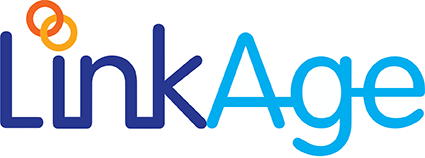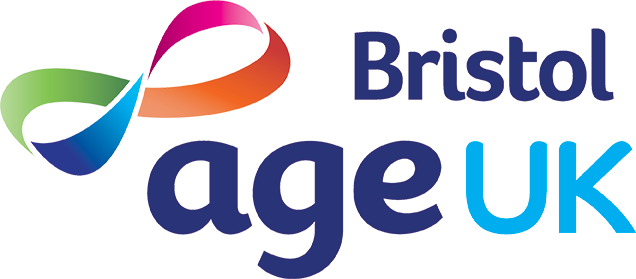If you’re self-isolating, you can still socialise ‘virtually’. Luckily, there are a lot of ways you can keep in touch with people if you have a smartphone, computer or tablet.
Read our guide on how to keep connected using Facebook
Read our guide on how to keep connected using Zoom
Read our guide on how to use Skype on an iPad
Read about how to use FaceTime
Read about how to use WhatsApp
Not forgetting the old classic: pick up the phone! Make good old-fashioned phone calls to check in with family and friends. Or write a letter which you can post at a later date.
And although you can’t meet people face-to-face, could you chat to neighbour while in your garden or on your doorstep?
| BS1 BS2 BS3 BS4 BS5 BS6 BS7 BS8 | BS9 BS10 BS11 BS13 BS14 BS15 BS15 (Hanham) BS16 |

Covid Mutual Aid Facebook groups
Covid Mutual Aid UK is a group of volunteers supporting local community groups organising mutual aid throughout the Covid-19 outbreak in the UK. They focus on providing resources and connecting people to their nearest local groups, willing volunteers and those in need. Here is a link to all the groups which are currently on Facebook – you can join as a volunteer or someone in need.
Acorn, the community-based union is also organising community support. You can request help or to volunteer on their website.
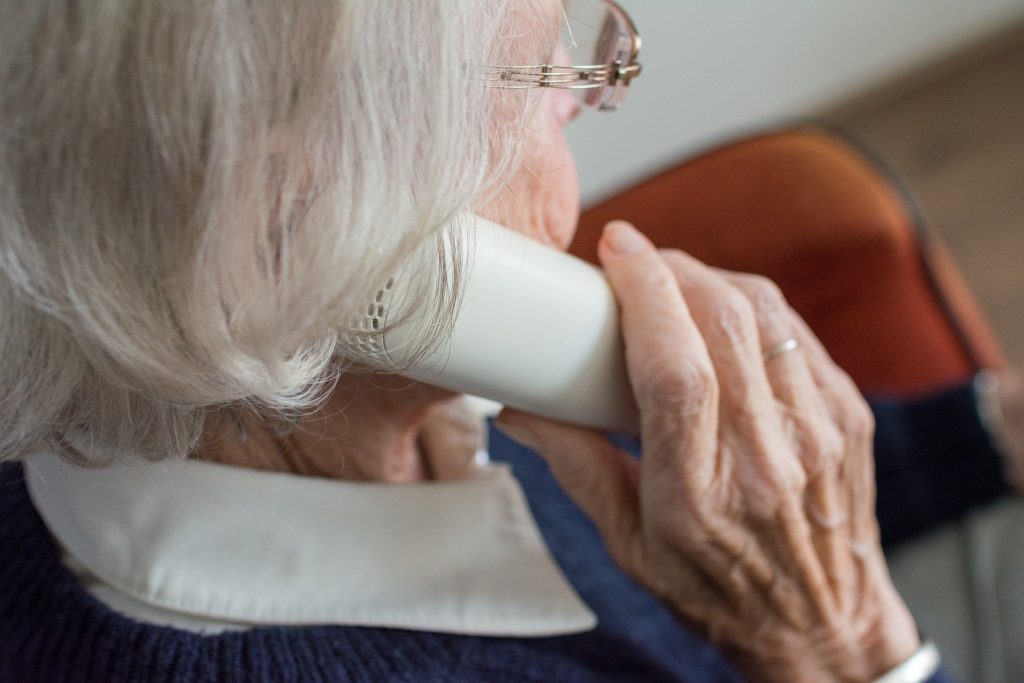
Talking to someone professional
For a cheerful chat, day or night, call The Silver Line: 0800 470 80 90.
Help Hub offer an online therapy service with free 20-minute sessions aimed at vulnerable older people and others who are self-isolating or struggling:
The NHS has a list of mental health helplines and resources
A Bristol-specific list from Bristol Mental Health.
Is now the time to learn how to use those video chat apps on your phone? Try Facetime (link to instructions) Whatsapp (instructions) or Skype (instructions).
Join one of our telephone groups
A telephone group includes you in a group of people all joining the same call. A facilitator will manage the call and welcome everyone who joins. Calls are free, and if you need someone to call you to join the call, that can be arranged. Calls last up to an hour and can be focused around a topic or simply conversational. There are a variety of groups to join:
- Wednesdays, 11am, Alive! – Reminiscence and Chat (Dementia Friendly – suitable for carers and their loved ones with dementia as well as anyone else)
- Thursdays, 11am, The Reader – the call facilitator brings a short reading, an excerpt from a book or a poem, and then the group discuss.
- Thursdays, 3pm, – FAB, South Bristol History Catch Up Cafe (you don’t have to live in South Bristol to join)
How do I access it?
Contact the person named for the group:
- Alive! info@aliveactivities.org 0117 377 4756
- The Reader: Michael Prior michaelprior@thereader.org.uk 07949 143 022
- FAB: Silvia JC fab@ageukbristol.org.uk 0117 440 4301
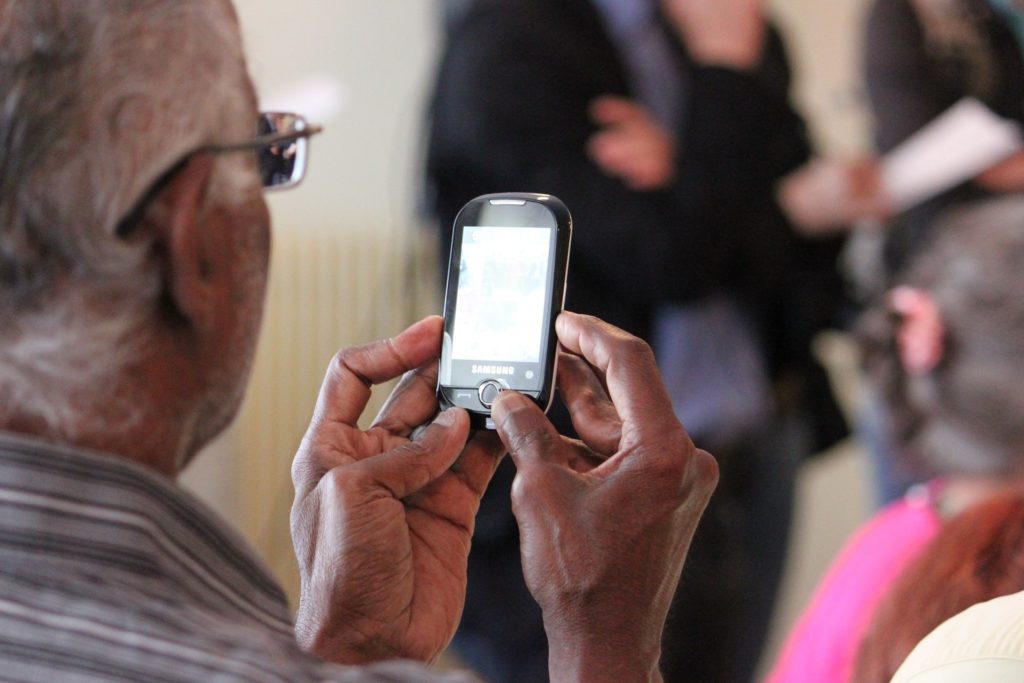
Here are a few quirky options
Usually go to church? Bristol Cathedral’s YouTube channel is live streaming morning and evening prayers every day.
On the theme of church services, the Archbishop of Canterbury has launched a free national phone line as a way of sharing worship and prayers with people at home. Call 0800 804 8044
Missing choir practice? Try the Sofa Singers or The Great British Home Chorus.
Listen to podcasts, live radio and music using BBC Sounds. Read our guide on how to use BBC Sounds.
Musicians are live streaming at-home concerts on Instagram and YouTube using the hashtag #TogetherAtHome. There’s a list here.
Can’t go to your book club? There’s a few Twitter read-a-longs, such as the Stay-at-Home! online literary festival @StayatHomefest, or author Rob Macfarlane’s #CoReadingVirus virtual book club.
Avoiding scams
Unfortunately, while there has been a wonderful community response to this situation, some fraudsters are taking advantage of people’s fear and the uncertainty of the situation. Age UK has a lot of information here on avoiding scams, but the main advice is as follows:
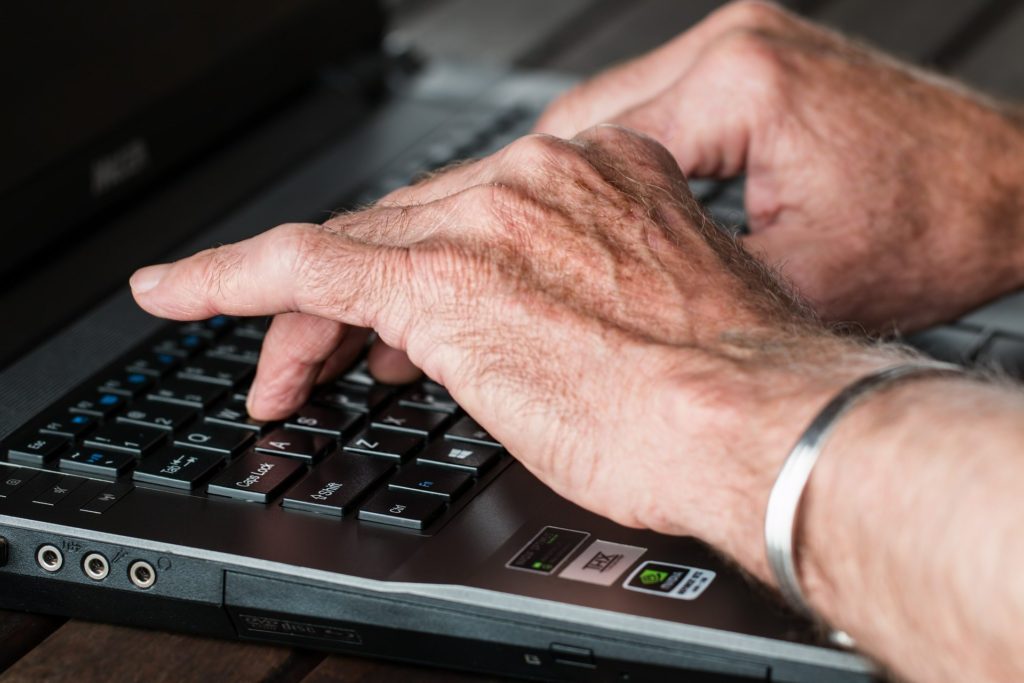
- Be sceptical if you receive an email, text or WhatsApp message about coronavirus, and never click on any attachments or links.
- Never provide personal data such as your full name, address and date of birth – scammers can use this information to steal your identity.
- Don’t allow yourself to be pressured into donating money and never make donations by cash or gift card, or send money through transfer agents.
- If you think you’ve been the victim of a scam, then speak to your bank immediately and report any fraud to Action Fraud on 0300 123 2040.
- You can get further information on dealing with scams and fraud by calling the Consumer Service telephone number 0808 223 1133, or contact Citizens Advice.
via UK Fraud Prevention Service
